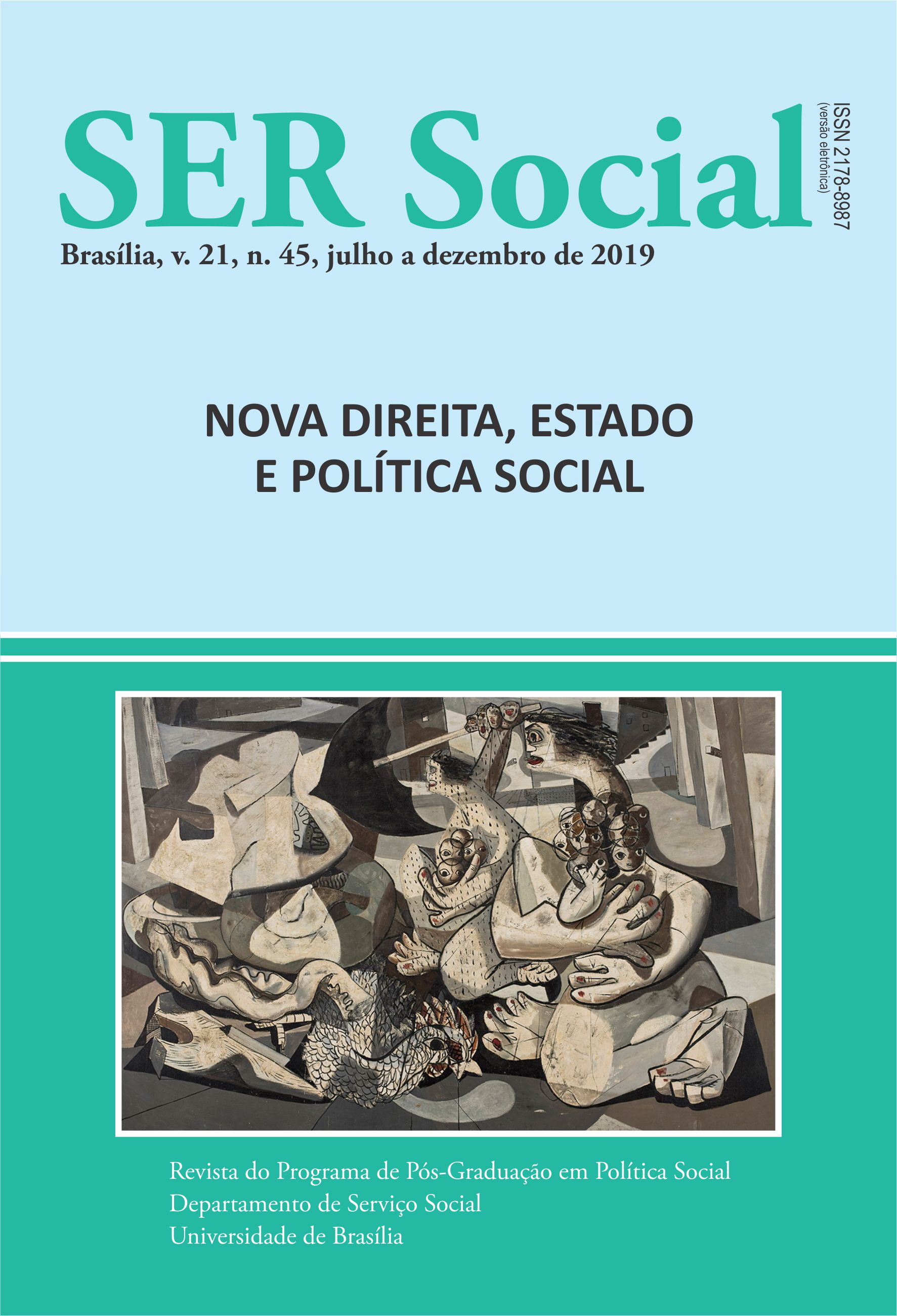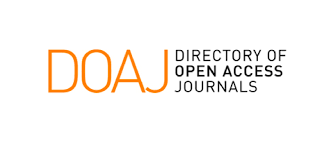Management reform, neodevelopment and bridge to the future: actually contradictions of the brazilian social policies
DOI:
https://doi.org/10.26512/ser_social.v21i45.20366Keywords:
State. Neoliberalism. Social policies.Abstract
The aim of this article is to place Brazilian social policies under the perspective of neoliberalism and its different expressions. We approach the project of the State Management Reform as the starting point of this process, back in the 1990s, going through the contradictions and mediations of the neo-developmentalism typical of the first decade of the 2000s. This has been implemented by the Workers’ Party (PT) while in office but, more recently, the tendency is the destruction of the social characteristic of the State, with strong counter-reforms and with drawal of previously conquered rights. We used a bibliographical analysis based on authors who have written about social policies as well as document analysis of the government programs over these three periods. This led us to identify particularities in social policies, especially its even less public character, which has been intensified in the current decade, dominated by the austerity of economic policy whose peak is the election of right-wing and extreme right-wing governments which have been putting into practice an even deeper dismantling of rights since 2016.
Downloads
Downloads
Published
How to Cite
Issue
Section
License
 Todo o conteúdo deste periódico, exceto onde está identificado, está licenciado sob uma https://creativecommons.
Todo o conteúdo deste periódico, exceto onde está identificado, está licenciado sob uma https://creativecommons.
Copyright: Os autores serão responsáveis por obter o copyright do material incluído no artigo, quando necessário.
Excepcionalmente serão aceitos trabalhos já publicados (seja em versão impressa, seja virtual), desde que devidamente acompanhados da autorização escrita e assinada pelo autor e pelo Editor Chefe do veículo no qual o trabalho tenha sido originalmente publicado.










